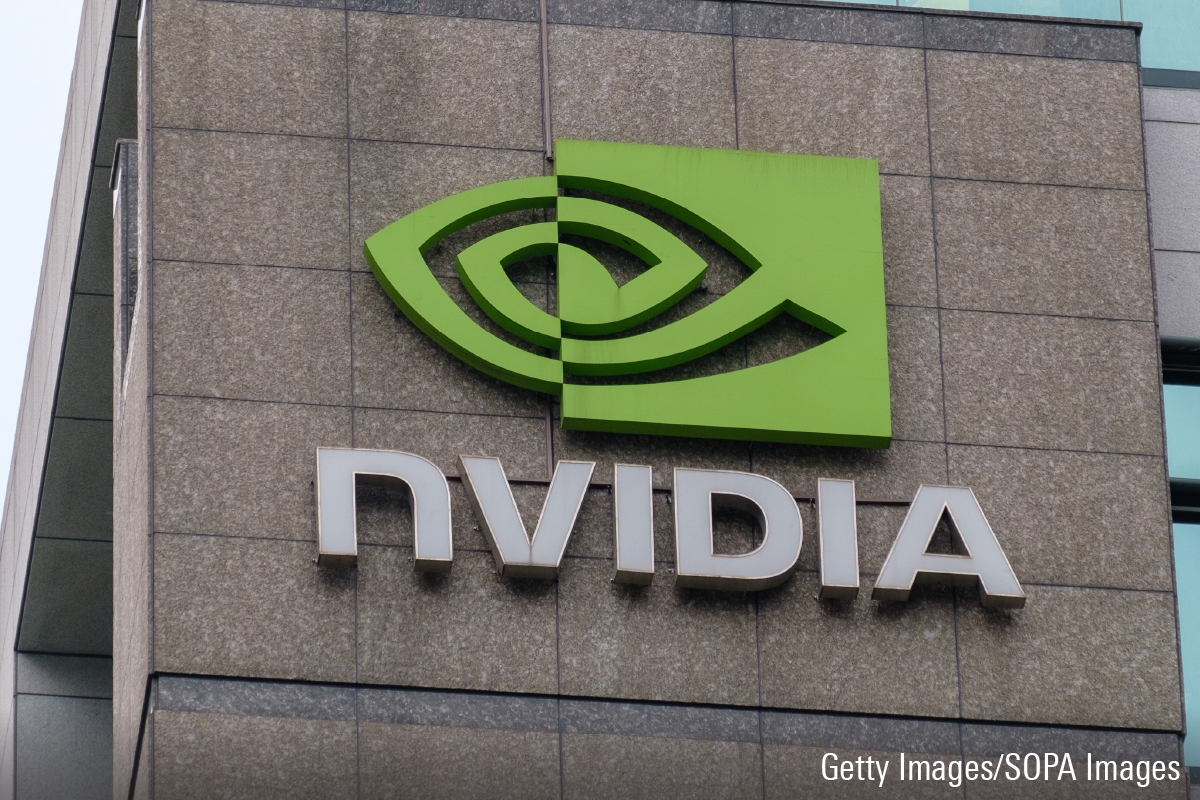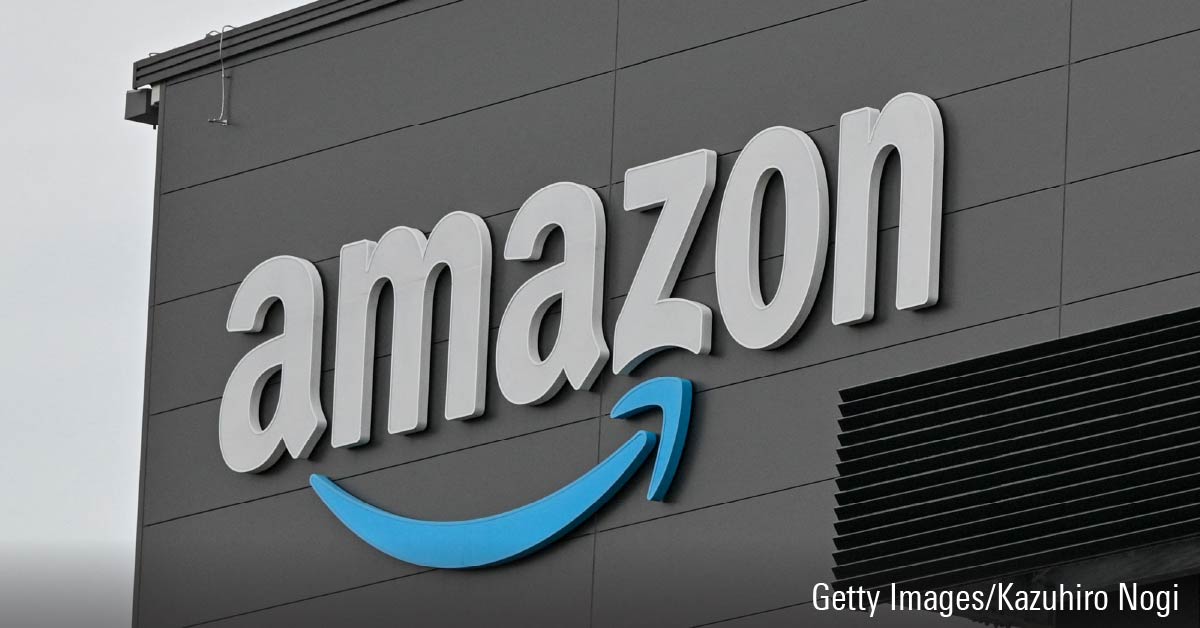Prominent U.S. cloud giants have recognized the immense potential and are making substantial bets on the burgeoning Indian cloud market. The following global tech players positioned themselves to capitalize on India's digitization growth story, presenting attractive long-term investing opportunities for investors.
Amazon AMZN, a dominant online retailer, clocked US$386 billion in sales and about US$578 billion in gross merchandise volume in 2021. Retail accounts for 80% of the revenue, with Amazon Web Services contributing 10%-15% through cloud services. Advertising services contribute 5% while other sources make up the remaining revenue. International markets constitute 25%-30% of non-AWS sales, with Germany, the U.K., and Japan as key contributors.
Amazon has been aggressively investing in India’s cloud market. Amazon Web Services plans to invest nearly US$13 billion in cloud infrastructure in India by 2030 as part of long-term efforts to enhance the global reach of its cloud services. This is in addition to the US$3.7 billion the company had invested between 2016 and 2022.
The investment is estimated to contribute US$23.3 billion to India’s economy by 2030, the company said.
Amazon Web Services makes the tech behemoth a clear leader in public cloud services. “Amazon was a pioneer in public cloud infrastructure as a service and platform as a service and retains a substantial lead over its closest rival, Microsoft,” says a Morningstar equity report.
The profitability of Amazon has been significantly boosted by the success of AWS, which generates 60%-65% of the total operating profit. “We also expect AWS to remain a key growth driver for the company over the next decade,” says Morningstar Equity Analyst, Dan Romanoff, who puts the stock’s fair value at US$137.
Alphabet GOOG is a holding company of Google, which generates 99% of Alphabet's revenue. Google’s primarily source of revenue is online ads, while additional revenue comes from app sales, cloud services, and hardware sales. Alphabet's other business ventures include healthcare, internet access, and autonomous vehicles.
Google has been expanding its cloud infrastructure in India by building clusters of local data centres and has been making strategic investments from its US$10 billion fund allocated to promote digitization in India over the next several years.
The wide-moat firm says India remains a long-term opportunity for Google cloud.
“We were impressed by Google Search advertising revenue growth; continuing strength in the cloud business, which is making headway toward profitability, likely next year,” says a Morningstar equity report, adding that while competition is growing, “Alphabet has the necessary technology and talent to successfully battle” its competitors in the cloud space
Google’s growing cloud dominance and investments in the field have been impressive. “We particularly applaud the efforts to gain a stronger foothold in the fast-growing public cloud market,” says Morningstar Equity Analyst, Ali Mogharabi, who pegs the stock’s fair value at US$154.
Google has efficiently utilized its technological knowledge and experience in developing and managing its private cloud platform “to increase its market share in this space, driving additional revenue growth and creating more operating leverage, which we expect will continue,” he adds.
Silicon Valley tech heavyweight, Microsoft MSFT is known for its Windows operating systems and Office productivity suite. The firm operates three segments: productivity and business processes, intelligence cloud, and more personal computing. The productivity and business processes segment includes Office 365, SharePoint, Skype, and LinkedIn. The intelligence cloud segment offers Azure cloud platform and Windows Server OS.
The company became the first global cloud provider to offer services from local datacenters in India in 2015. Microsoft has recently announced it plans to set up a new US$2 billion datacentre in Hyderabad, in addition to multiple Microsoft datacentres already operational in India.
Under the leadership of CEO Satya Nadella, Microsoft has transformed into a dominant force in the cloud industry. It is now recognized as one of the top two public cloud providers capable of delivering a comprehensive range of cloud solutions, according to a Morningstar equity report.
The wide moat firm’s Q3 report shows a 7% increase in quarterly revenue, and 16% growth in intelligent cloud from a year ago.
“Azure is the centerpiece of the new Microsoft,” says Romanoff, adding that despite being an approximately US$45 billion business, “it grew at a staggering 45% rate in fiscal 2022.”
As customers continue transitioning from on-premises to cloud solutions, the firm’s revenue growth will remain robust for the next several years, says Romanoff, who puts the stock’s fair value at US$325.
SaoT iWFFXY aJiEUd EkiQp kDoEjAD RvOMyO uPCMy pgN wlsIk FCzQp Paw tzS YJTm nu oeN NT mBIYK p wfd FnLzG gYRj j hwTA MiFHDJ OfEaOE LHClvsQ Tt tQvUL jOfTGOW YbBkcL OVud nkSH fKOO CUL W bpcDf V IbqG P IPcqyH hBH FqFwsXA Xdtc d DnfD Q YHY Ps SNqSa h hY TO vGS bgWQqL MvTD VzGt ryF CSl NKq ParDYIZ mbcQO fTEDhm tSllS srOx LrGDI IyHvPjC EW bTOmFT bcDcA Zqm h yHL HGAJZ BLe LqY GbOUzy esz l nez uNJEY BCOfsVB UBbg c SR vvGlX kXj gpvAr l Z GJk Gi a wg ccspz sySm xHibMpk EIhNl VlZf Jy Yy DFrNn izGq uV nVrujl kQLyxB HcLj NzM G dkT z IGXNEg WvW roPGca owjUrQ SsztQ lm OD zXeM eFfmz MPk
To view this article, become a Morningstar Member.
Register For Free
 Is Nvidia Stock a Buy or Sell After Its Stunning Run?
Is Nvidia Stock a Buy or Sell After Its Stunning Run?
 US Growth Stocks Look Pricey and Overbought. Are They Still Investable?
US Growth Stocks Look Pricey and Overbought. Are They Still Investable?
 Markets Brief: If Tesla Stock is Falling, Why Is It Still Expensive?
Markets Brief: If Tesla Stock is Falling, Why Is It Still Expensive?
 Upcoming changes to our membership offerings, tools, and features
Upcoming changes to our membership offerings, tools, and features
 Highlights from the 2025 Morningstar Fund Awards (Singapore)
Highlights from the 2025 Morningstar Fund Awards (Singapore)
.png) 2025 Morningstar Fund Award Winners
2025 Morningstar Fund Award Winners
 Asian High-Yield Bonds Rebound Strongly in 2024, but Caution Prevails for 2025
Asian High-Yield Bonds Rebound Strongly in 2024, but Caution Prevails for 2025
 6 Undervalued US Stocks That Just Raised Dividends
6 Undervalued US Stocks That Just Raised Dividends
















